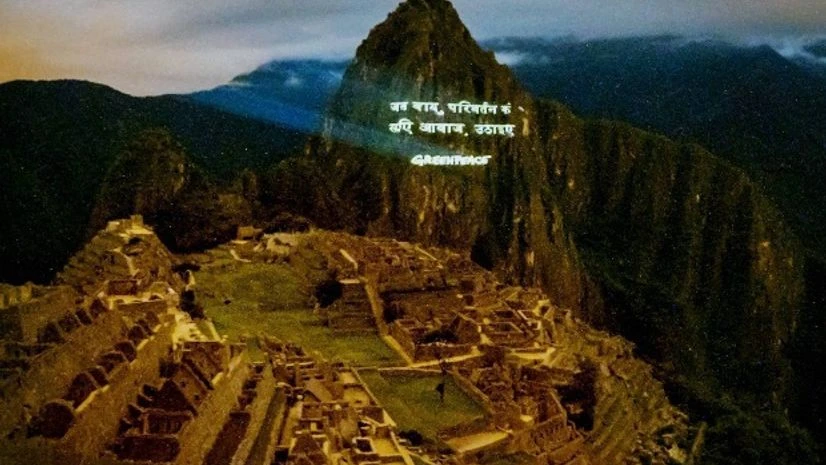Talks at Lima in Peru opened on Monday with the Like Minded Developing Countries (LMDC), which includes India and China, making veiled criticism of the officers at the helm of United Nations (UN) climate convention running negotiations undemocratically.
The LMDC group, which continues to have the strong backing of both China and India, and includes several other developing countries, said at the opening session on Monday: “We want to see draft texts from Parties on screen, on paper, being directly negotiated by the Parties with each other through focused negotiating groups in order to narrow differences, find convergence, and achieve consensus.”
The group was referring to the ongoing practice where the UN officials, referred to as “Co-chairs of the Ad-hoc Working group on Durban Platform” have been putting up their own proposals for the 2015 agreement, drawn selectively from statements and submissions of the countries. Countries are referred to as Parties.
More From This Section
Several developing countries have through much of the year demanded that the talks for the 2015 agreement should be carried out through negotiations on formal text submitted by countries and not cherry-picked by officials. Instead, the two co-chairs of the track of negotiations discussing the agreement have continued to provide their own framework drawing selectively from ideas and texts that countries provided. India, China and several other developing countries have found that the framework documents provided by the co-chairs have been biased in favour of the developed countries. The co-chairs are elected from among countries, but are required to act as neutral UN officials arbitrating and guiding the talks.
“This is inverting the idea that negotiations be carried out on the basis of consensus, as required under the UN Framework Convention on Climate Change,” said a negotiator of the LMDC group, speaking on the condition of anonymity.
Usually, the texts submitted by countries for decisions or agreements are collated even if they contradict each other in parts. Elements and parts that do not have all-round consensus are put within brackets. Through iterative rounds of negotiations between countries, the brackets are removed by finding language or ideas that are acceptable to all countries, leading to a document (in this case the Paris 2015 agreement) that has a complete agreement of all 196 countries. While it can seem a torturous process, it ensures voices and interests of less powerful countries are not smothered by the bigger players in the negotiation halls.
The debate about the process being followed by the co-chairs to stitch together the 2015 agreement is expected to come under more direct fire on Tuesday — Day-2 of the talks - multiple sources in the LMDC countries told Business Standard. “We have all had a good exchange of views through these informal means for a year now. It’s high time we started formal country-driven negotiations,” said one of the negotiators.
“We fear if the formal text-based negotiations are launched too late, it shall give some parties the excuse to parachute some secret draft decisions at the crunch hour and try to gavel it through without complete agreement. Its highly undemocratic way and we have seen this process fail earlier,” said another negotiator.
He was referring to the infamous Copenhagen Accord, which failed to pass muster in 2009 precisely because several smaller countries complained of being marginalised and the accord hammered together by select countries behind closed doors was tabled at the last moment for all to accept. The mistrust it caused led to the accord being torpedoed at the last moment. It was not approved as a formal decision of the UN that year.

)
